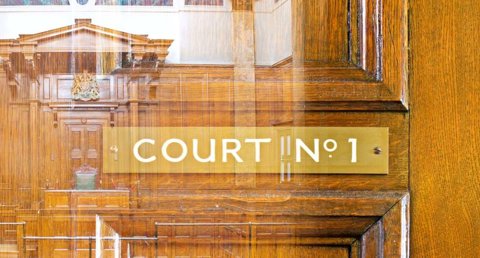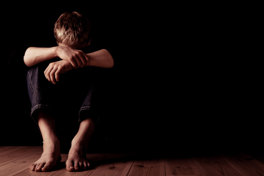The former Victims’ Commissioner, Dame Vera Baird, called on the UK Government to re-evaluate special measures that are in place for rape victims during a Court trial, but has since quit after saying “criminal justice system is in chaos”.
For victims of rape and sexual abuse, the thought of giving evidence in Court can be very daunting and traumatising. In England and Wales, vulnerable witnesses are eligible to get special measures during the trial, such as giving evidence via video link or from behind a screen. But, this doesn’t always extend to intimidated witnesses, such as those who have alleged sexual offences.
The Government have now rolled out the Rape Review Action Plan, which was established on the 21st June 2021.
The Rape Review arose due to a severe decline in rape prosecutions in England and Wales, which were the lowest on record at 2,409 in 2020-21, whereas in 2016-17 it was at 5,190. These shocking statistics pushed Dame Vera Baird into driving for measures to protect rape victims when attending court.
What were the Proposed Measures in 2020?
Dame Vera Baird tried to fight to get special measures in place for all vulnerable and intimidated witnesses, including:
- Separate entrances and waiting rooms for the witnesses
- The option to give evidence remotely, without having to attend Court e.g. via a video link
- Protective screens to shield witnesses from the defendant in Court
- Ensuring that victims’ mobile phones are given back to them within 24 hours
- Pre-recording cross-examination for rape victims
- Barring the public from Courts more often
“We've found that almost everybody who was asked had heard victims say how frightened they were to come to court,” Dame Vera Baird told BBC.
The main fear for victims is coming face to face with their abuser, and their “supporters” if they have any. The idea of going to Court can often put some victims off from ever coming forward about their abuse, causing them to instead choose to suffer in silence.
We hope that the Government will agree to implement these special measures for all vulnerable and intimidated victims, so they can get the justice and support they need, without the added distress and trauma that going to Court can bring.








